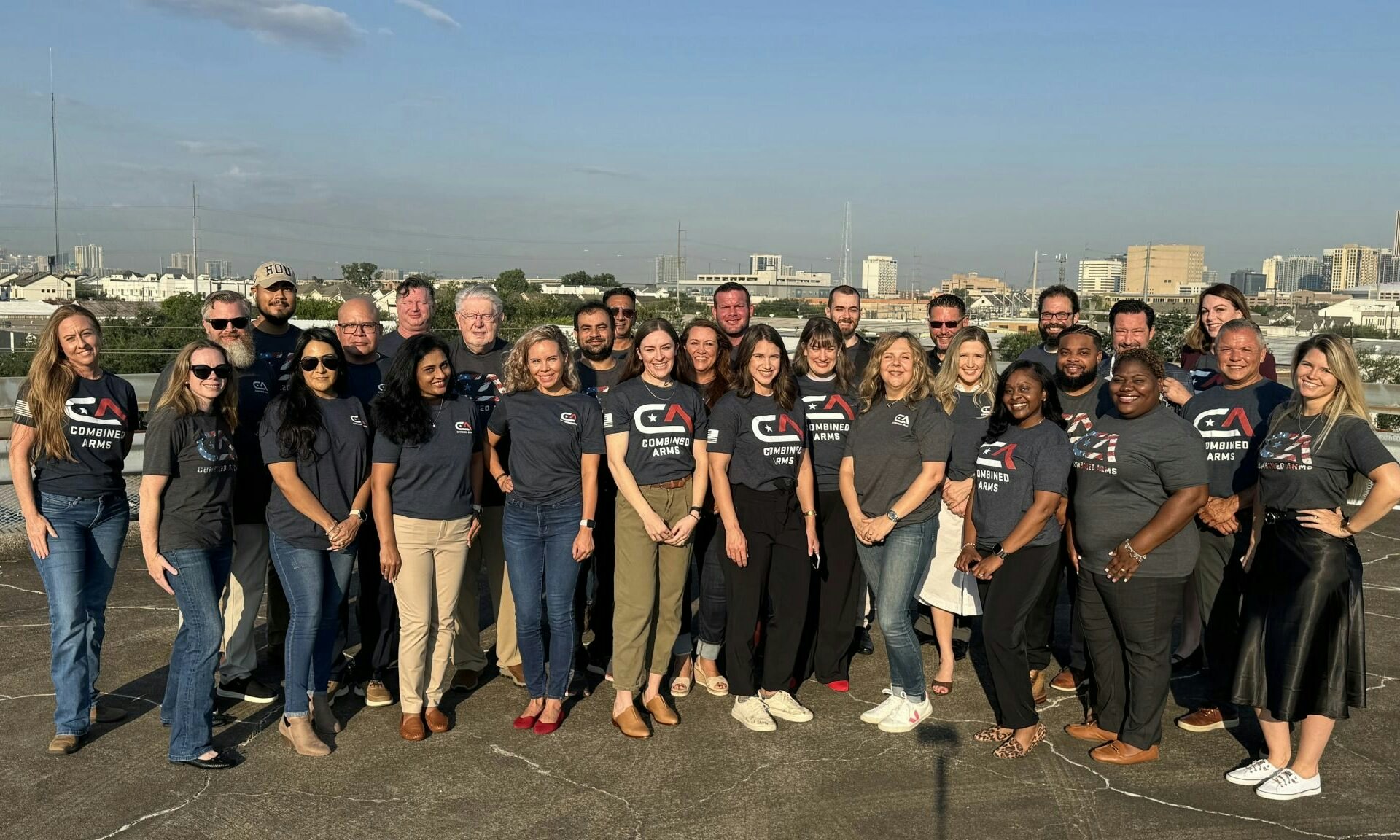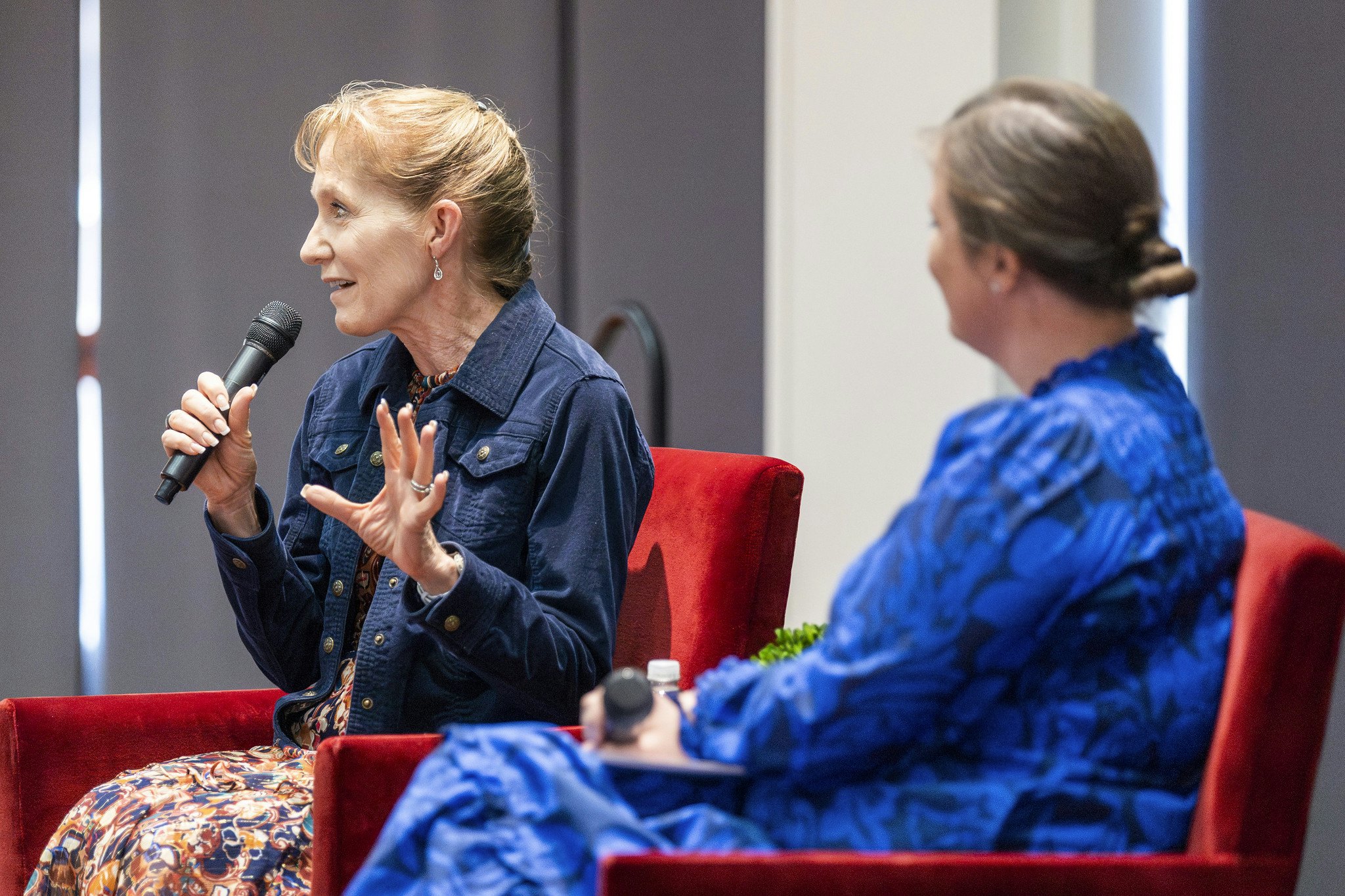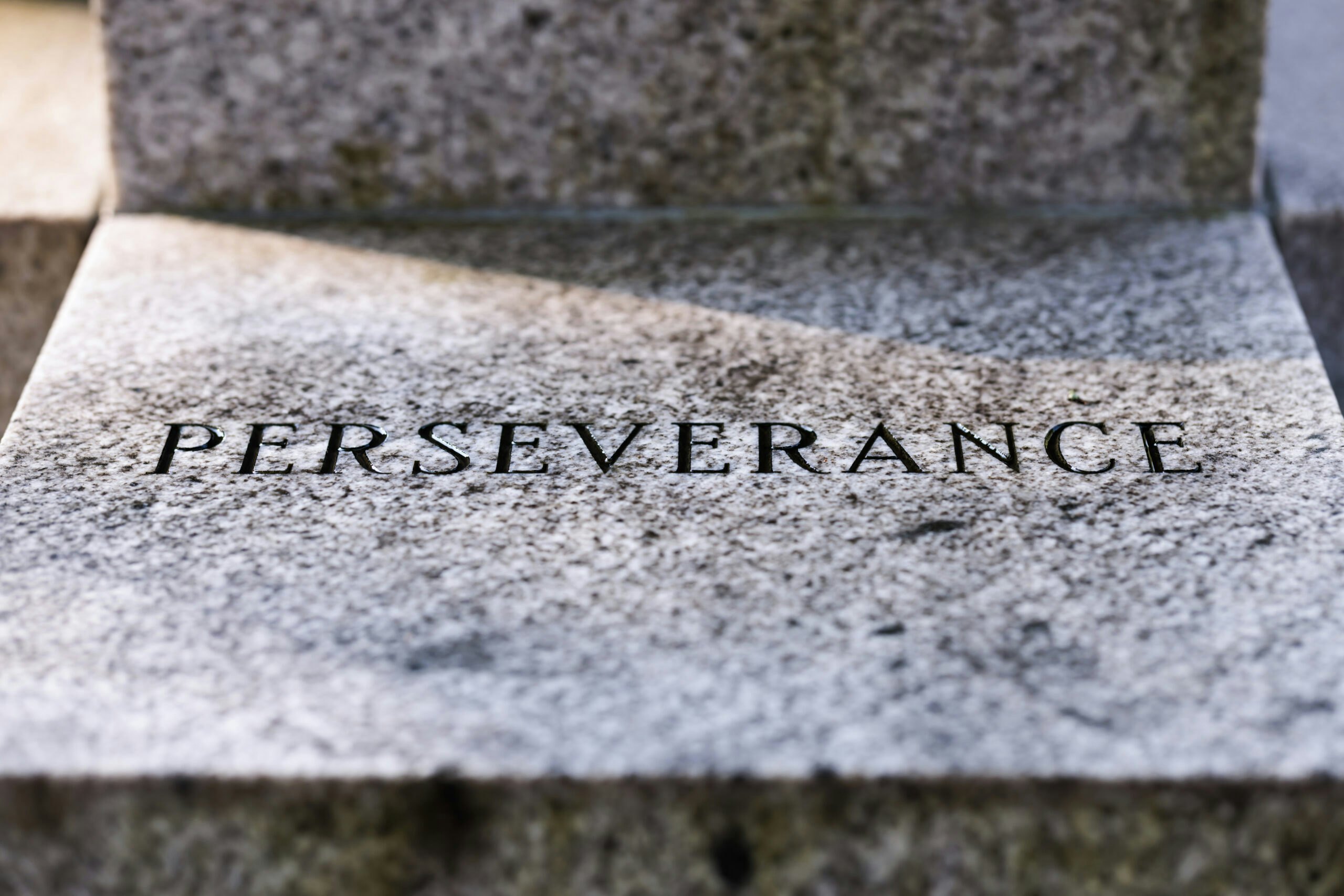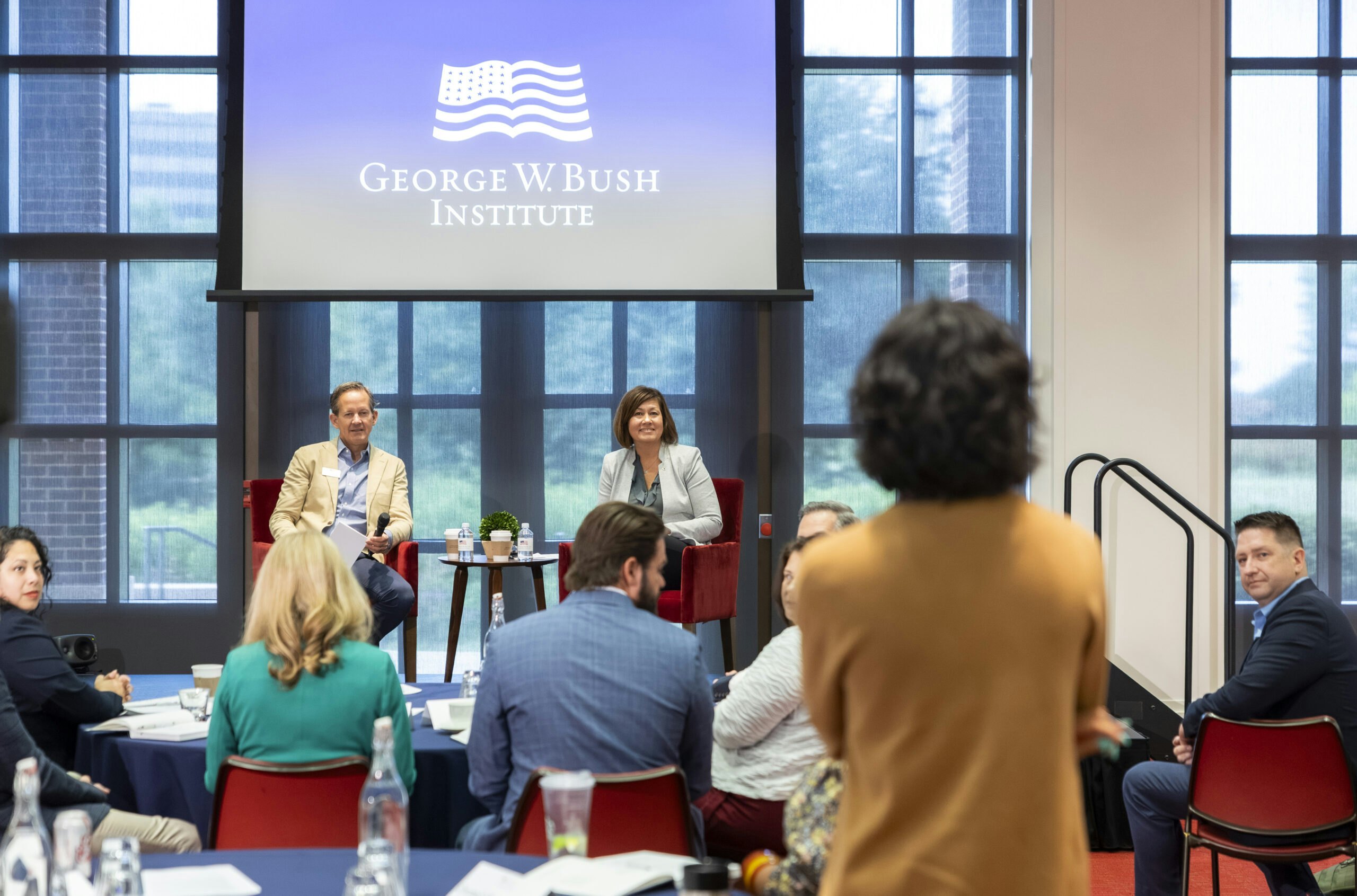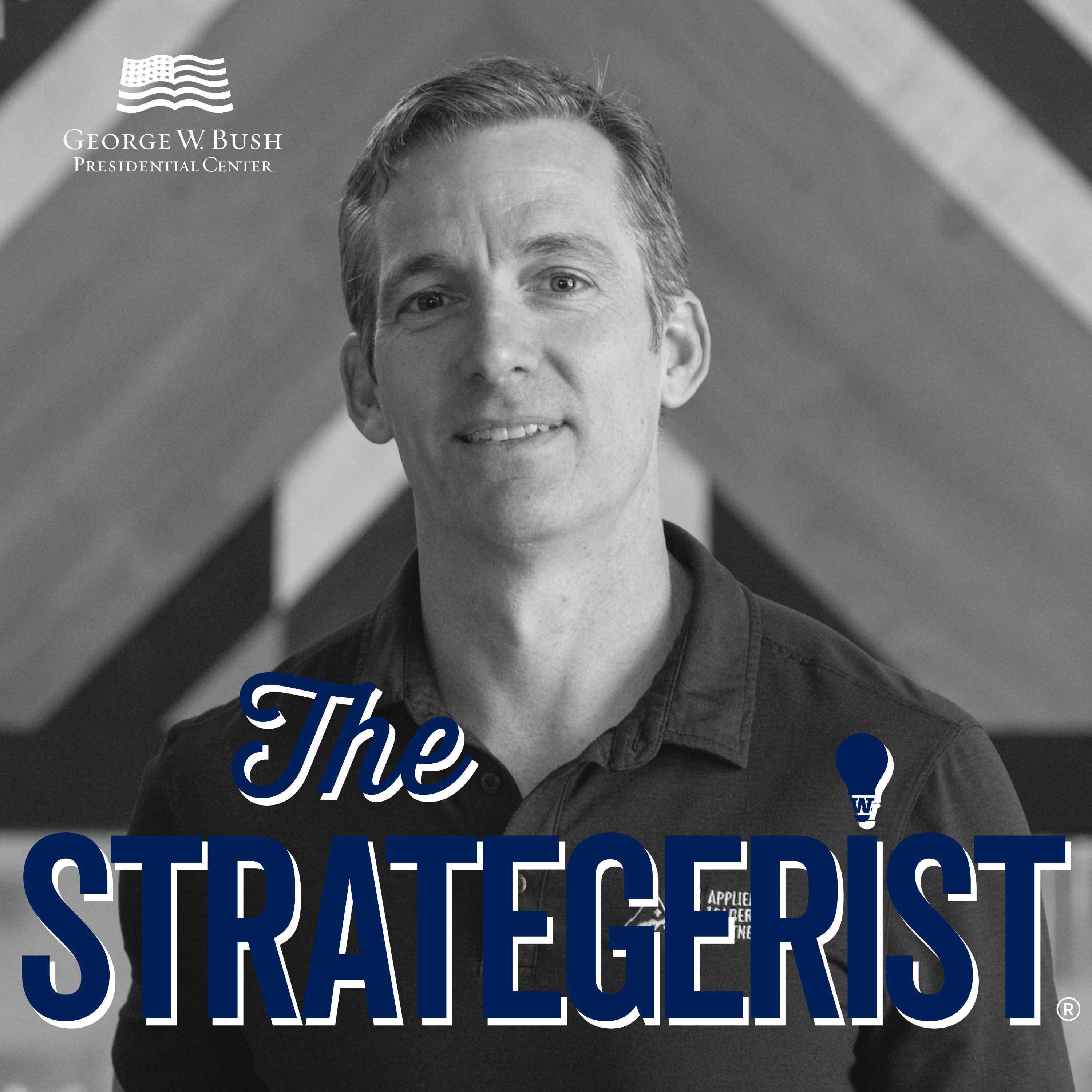 Welcome to civilian life, my fellow brothers- and sisters-in-arms. Though you may feel as if your service to the country has ended, you are still invaluable national assets because you can bind communities together. You can continue serving our country, with many options available to you.
Welcome to civilian life, my fellow brothers- and sisters-in-arms. Though you may feel as if your service to the country has ended, you are still invaluable national assets because you can bind communities together. You can continue serving our country, with many options available to you.
My bet is that your instinct to serve didn’t disappear with your uniform; it has simply shifted. In that shift lies both a responsibility and an opportunity for you, for your neighbors, and for the country you swore an oath to defend. Whether civilians say it aloud or not, they often look to veterans to lead the way.
They may not consciously recognize it, but they know who you are. They know you once wrote the nation a blank check payable up to and including your life. That credibility is hard earned. It tells people you have already put something greater than yourself first. Because of that, you are trusted to act on behalf of the whole – trusted to keep the good of the community close to heart. That trust is not a small thing. It is the very currency of civic life.
Trust is also fragile. It can be squandered in an instant. That is why I urge you to steward it carefully. Each of us carries individual credibility, but, collectively, veterans hold something far greater. We are seen as a community willing to put the common good ahead of our own self-interest. That perception was earned in blood, sacrifice, and years of discipline, and it can either be a wellspring of civic strength or something easily lost. Your responsibility now is to carry that trust forward with tremendous care.
The “2025 Veterans Civic Health Index“, a report from We the Veterans and Military Families and the National Conference on Citizenship, confirms what many of us have seen firsthand: Veterans volunteer more of their time, give more of their resources, and engage in civic life with greater consistency than their civilian peers. That pattern of engagement becomes a social adhesive. It holds neighborhoods together, inspires others to contribute, and reinforces the foundations of our democracy.
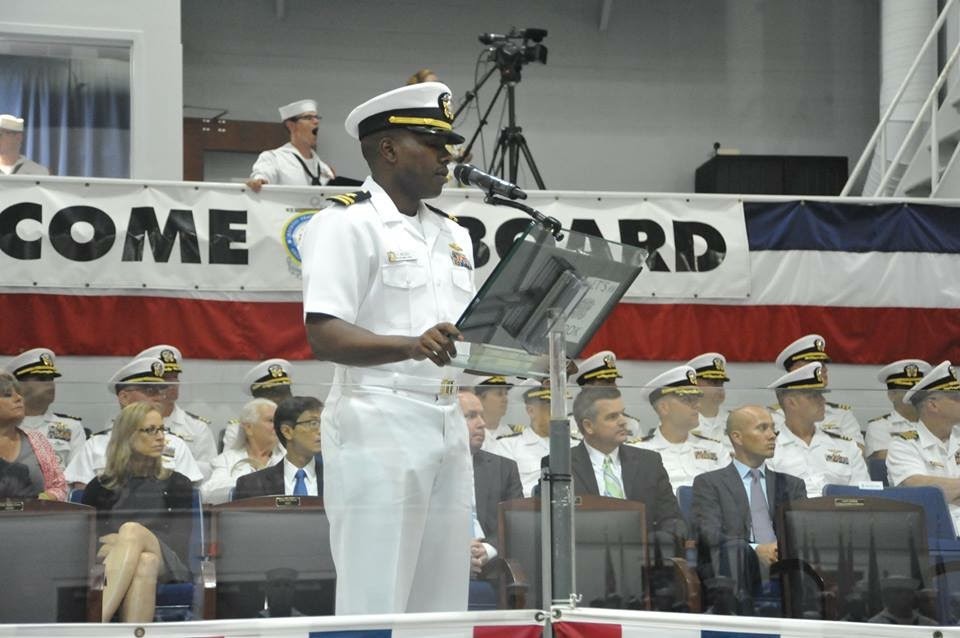
As you step into life beyond the uniform, you will encounter threats to the democracy you swore to defend – forces of division, ignorance, and apathy that erode our shared bonds. Naming these challenges serves to sharpen your awareness. If you are familiar with the terrain, you can navigate it as an informed citizen.
What gives me hope is that we already have proof of what happens when veterans continue their service in civic life. The data tell us that communities with higher levels of civic engagement are healthier in every sense: economically, physically, and mentally.
When neighbors volunteer together, donate together, or build together, trust increases because we come to realize we share a common interest in our collective success. Communities with strong civic health are better prepared to weather crises, from public health emergencies to economic downturns. That is what you step into now as potential leaders in the civic well-being of your communities.
One way to view what this looks like in practice is to look at how veterans have built new platforms for service.
Consider Team Rubicon, a member of the George W. Bush Institute’s Veteran Wellness Alliance. Built by veterans, run largely by veterans, but not for veterans. Its mission is disaster relief. When disaster strikes, veterans show up, and others do, too. The very act of veterans’ continuing to serve has a multiplying effect, inspiring neighbors and civilians to answer the call alongside them.
Team Rubicon is not a veteran service organization; it is a civic force. That distinction is powerful because it shows that the impulse to serve doesn’t stop with us. It ripples outward. This is what I mean when I say veterans are the social adhesive. Alone, each of us may wonder what difference we can make. But together, our presence in civic life strengthens the bonds of trust that communities need to thrive.
Think of the ant: small, yet capable of carrying many times its weight. One ant on its own is impressive, but when many ants move together, they can shift entire landscapes. Veterans, too, are like that: Each individual act of service is meaningful, but the collective impact is transformative.
So let this be your reminder. The uniform may be folded away, but the commitment to service remains. That is both a responsibility and an opportunity.
Your neighbors need you. Your communities need you. And your country, still facing challenges to its cohesion and health, needs you.
Step into this moment not as someone who has finished serving, but as someone who has shifted where and how that service is given. In doing so, you will not only honor the oath you once took but also help bind the civic fabric that holds us all.
In service with you, D’Juan.















